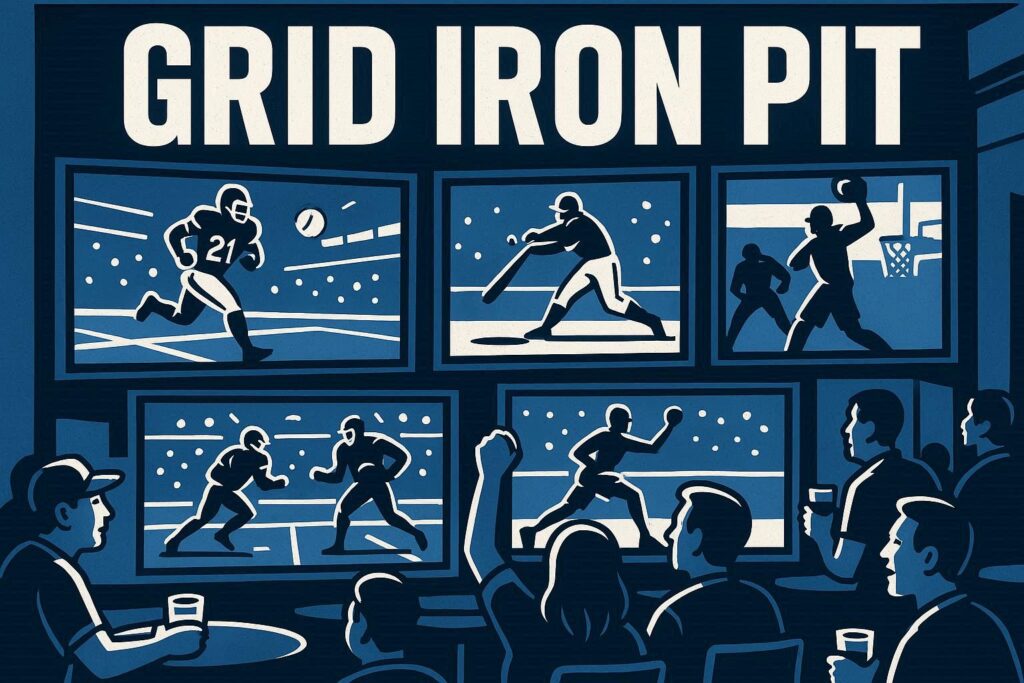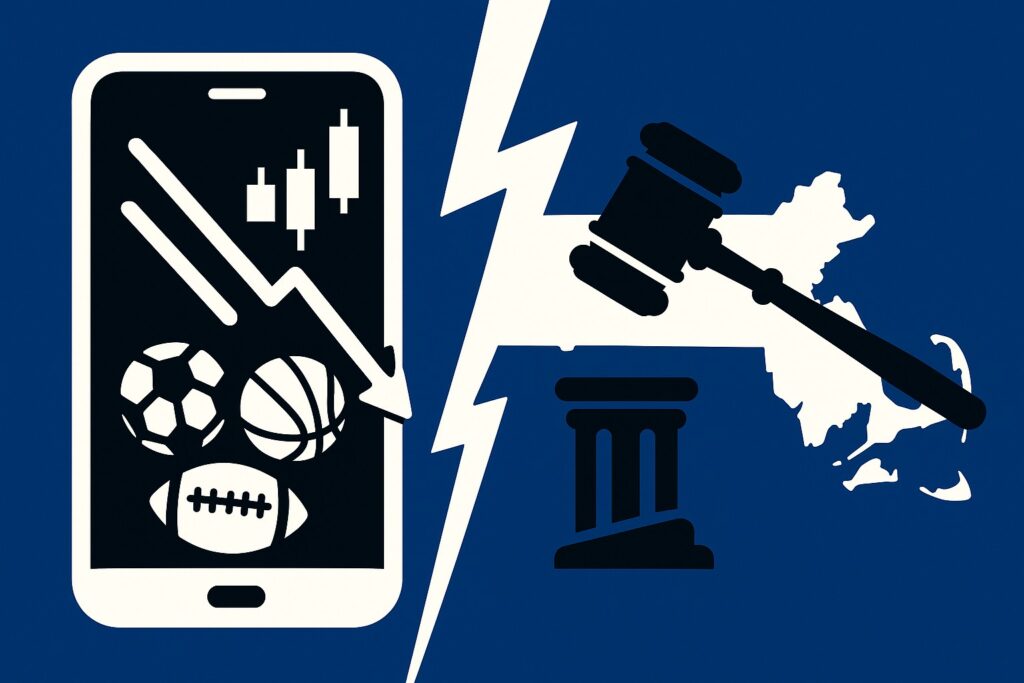Efforts to legalize iGaming have picked back up in Maine, after a House bill stalled in committee in April.
According to WGME in Portland, legislation is again under consideration to open the online casino market in the state.
The bill would give exclusive rights to Maine’s four Wabanaki Nations tribes to partner with gambling companies. The state’s sports betting industry is structured similarly.
Maine’s two casinos – Hollywood Casino in Bangor (owned and operated by Penn National Gaming) and Oxford Casino in Oxford County (Churchill Downs Inc.) – are predictably opposed to expanding gambling in the state, at least on the proposed terms, claiming it would adversely affect their land-based businesses.
There are plenty of dissenters to that line of thinking, though, and the tribes stress iGaming would provide needed revenue for their communities.
There are additional familiar arguments being made. Opponents are concerned about problem gambling, particularly how it may affect kids. Proponents contend casino gambling is already happening on the black market, so why not make it a regulated and revenue-generating endeavor for the state.
Gambling companies lacking access to the Maine market have their own issues with the legislation.
Copy and paste from sports betting?
Under the legislation, Maine’s online casino and sports betting markets would mirror one another.
The sports betting framework allows each of the four tribes a mobile license, just as the iGaming proposal would. Only two sportsbooks operate in Maine, however. Caesars partners with the Houlton Band of Maliseet Indians, the Mi’kmaq Nation and the Penobscot Nation; DraftKings’ market access is through the Passamaquoddy Tribe.
Competitors such as FanDuel, BetMGM and Fanatics, naturally, don’t like the arrangement and lobbied against the casino legislation earlier this year. Expect similar resistance this time around, as these operators will push for a better chance at a piece of the market.
Operators would be taxed 16% of gross gaming revenues from online casinos; the sports betting tax rate is 10%.
Which states allow online casino gambling?
There are also efforts underway in Ohio to legalize online casinos, as separate but similar bills wind their way through the state Senate and House. There are voices from nearly countless points of view being heard, and the legislation has a long way to go before iGaming becomes reality in the Buckeye State.
Seven states currently allow online casinos: Connecticut, Delaware, Michigan, New Jersey, Pennsylvania, Rhode Island and West Virginia. Nevada allows online poker.





